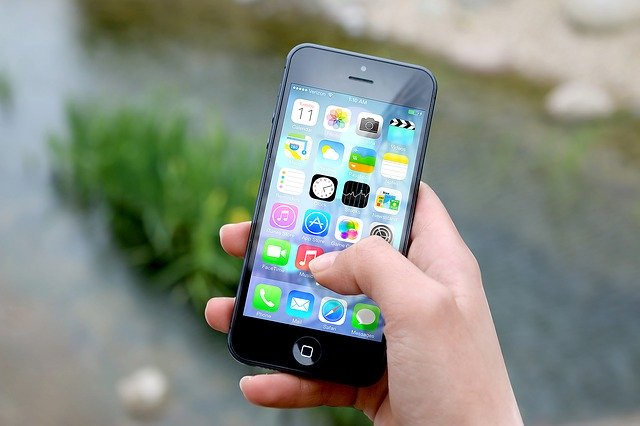Let’s talk about Digital Relationships in the Isolation Age. It’s as undeniable as ever: around the world, social norms are constantly changing. In this era of pandemic-induced isolation, many people are turning to technology to compensate for absent friends.
Some of the most obvious tools increasingly used today – Slack, Zoom, Twitter, Facebook – do the bulk of the heavy lifting, connecting us socially in deeply personal and individualized ways, but some lesser known tools are doing just as much to keep people happy and healthy as we navigate whatever constitutes the new normal.
How is Digital Relationships in the Isolation Age connecting us
Working Harder, Playing Harder
Whether it’s a genuine human connection you seek or simply a physical release brought about by some kind of sexual activity, the mental and emotional sustenance sex provides shouldn’t disappear during self-isolation.
We may be prevented from touching loved ones physically, but connections can still be made. As many workers shift to remote and distributed workplaces, a greater degree of privacy has wormed its way into your average workday.
Should you be stuck dealing with an irate client, a micromanaging supervisor, or just the tedium of trying to earn a living via telecommuting, there’s now an opportunity to enhance the workday with something that would have once got you fired.
Integrating a working life into one’s home life can prove difficult and stressful for many. Those already used to telecommuting may find the transition to social isolation much easier to navigate, already aware of the myriad ways they can spice up their work days without impacting their productivity.
Trading saucy texts with a chat-bot or jumping on one of Reddit’s more risqué communities for a pervy lunchtime peek can keep one’s spirits from flagging.
Face-to-Face, Screen-to-Screen
HD and 4K webcam feeds can connect couples, individuals, families over enormous distances but can they fully replace a face-to-face interaction?
Of course, they cannot, but they can make for a reasonable substitute. Especially when lovers can be reunited digitally and even, thanks to advancements in teledildonics, actually pleasure each other from afar.
The rapidly developing field of Teledildonics is creating a rich meeting ground between traditional sex toys and those equipped with AI and haptic feedback systems that respond to your arousal (or lack thereof).
For men and women, solo folks and couples, devices like Lovense’s various products, the Autoblow AI fellatio machine, and Kiiroo’s Onyx and Pearl couples devices use Bluetooth connectivity to enable the two pleasure products to directly inform the other’s activity.
Regardless of distance, couples can use such devices to affect each other’s pleasure. Many of these devices are also capable of responding to the onscreen activity in a compatible VR porn scene, delivering the same sensations performed by top stars to your most sensitive parts.
Coded Companions Come Alive
If buying new toys and connecting them to a distant lover via apps and sites quite unfamiliar may be too tall a hurdle for many to jump. There are easier options, though, options that also suit the single person looking for a fresh take on dating and relationships.
Replika is an AI chat-bot given a humanoid face by its creator, Eugenia Kuyda, who originally set out to construct a digital version of a deceased friend based on their extant text message conversations.
Proving to be much more than just a chat partner, Replika allows users to develop a friendship with a digital companion that learns from its experiences and grows with each interaction. Replika surprised many users by proving to be quite romantic and affectionate.
Falling far short of a dedicated sexbot, Replika does, however, recognize that sexuality, eroticism, and intimacy are essential parts of many human interactions, whether with other people or with digital entities we’ve previously only dreamed of.
As these technologies continue to develop, strengthened by the current diminished state of human activity, we’ll soon be discovering even more ways to connect with loved ones, friends, and strangers, sharing all parts of ourselves with binary code.





No Comments